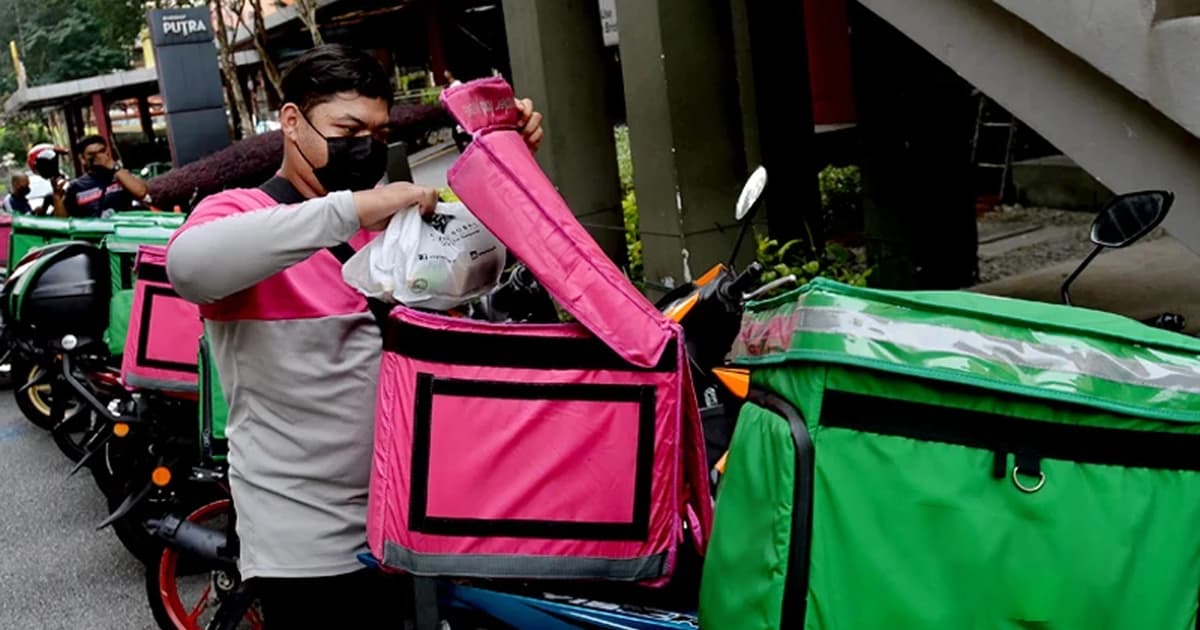
A transport think tank has taken issue with what it considers a sweeping definition of a gig worker in the recently tabled bill aimed at regulating the profession to safeguard their rights.
In a statement, My Mobility Vision said the proposed legislation, which it described as being “deeply flawed”, lumped e-hailing drivers with freelance designers, delivery riders with journalists, caregivers with coders, “all under the same umbrella”.
It said that no country had attempted to regulate every kind of gig work in one stroke, noting that Singapore started with ride-hailing and delivery riders, which were the most vulnerable segments, before expanding the list.
“Malaysia’s blanket approach almost guarantees confusion and disputes.”
My Mobility Vision also said the mandatory Social Security Organisation (Perkeso) contributions deducted by the respective platforms, while “progressive” on paper, might not favour gig workers in practice.
It said depending on the individual, a gig worker could be taking home a lower pay, despite qualifying for protection, while those who completed less than 90 jobs might not even get any coverage.
And gig workers who miss a voluntary Perkeso top-up could have their claims denied, noting that many riders already reported rejected claims due to strict rules and paperwork.
“For some, the bill may provide certainty. But for millions of others like part-timers, students, freelancers and startups, it risks cutting incomes, closing opportunities, and accelerating monopolies.”
The Gig Workers Bill 2025, tabled for its first reading in the Dewan Rakyat yesterday, seeks to safeguard gig workers’ rights by regulating service agreements with contracting entities, outlining their duties, and introducing mechanisms for dispute resolution.
It also proposes the establishment of a consultative council and a gig workers’ tribunal to oversee related matters.
Despite the bill’s flaws, My Mobility Vision said the proposed legislation should not be abandoned, but crafted properly.
“The tragedy here is not that the government wants to protect gig workers; it is that in its rush to legislate, it may end up betraying them.”
It went on to suggest that a regulatory impact assessment be undertaken as required under Malaysia’s own Good Regulatory Practice framework and reiterated calls for the gig economy commission to be empowered.
It also said that the proposed law should focus on high-risk, high-volume sectors like e-hailing and delivery riders, before expanding it to include other gigs.
My Mobility Vision called for portable benefits that followed workers across platforms, and to ensure that contributions were co-funded by the government and platforms.
“The reality is that many stakeholders are not against protection; they are against how this bill has been formulated.”






